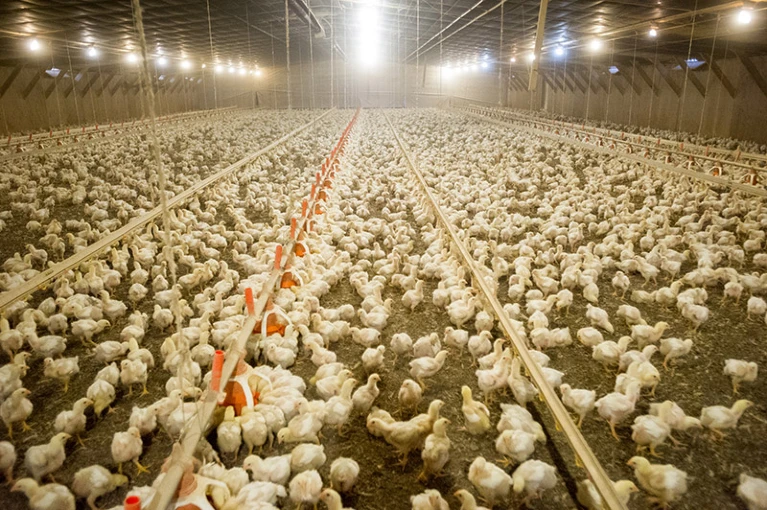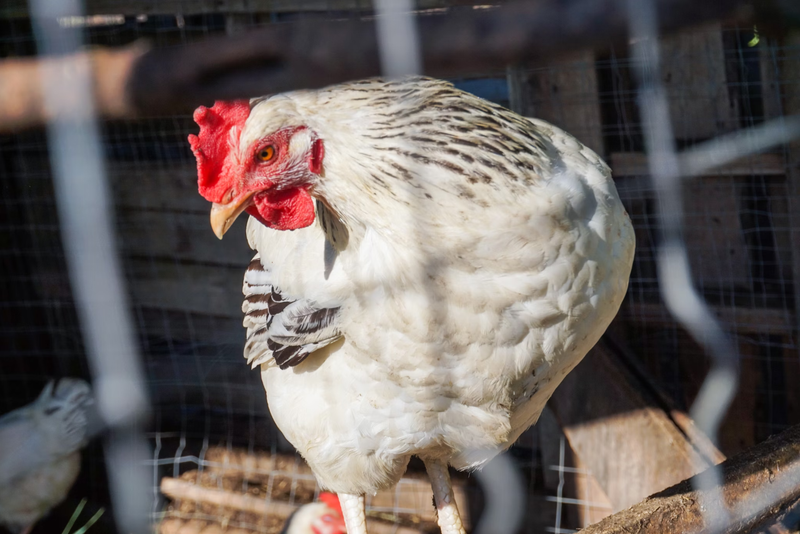Antibiotic Use in Farming to Climb Amid Fears of Drug-Resistance
A study published in PLOS Global Public Health 3 has found that the use of antibiotics in animal farming is forecast to climb 8% between 2020 and 2030. Overuse of antibiotics in animals is believed to cause an increase in antibiotic resistance in humans, in turn causing a rise in untreatable bact...

0:00
/0:00
Facts
- A study published in PLOS Global Public Health 3 has found that the use of antibiotics in animal farming is forecast to climb 8% between 2020 and 2030. Overuse of antibiotics in animals is believed to cause an increase in antibiotic resistance in humans, in turn causing a rise in untreatable bacterial infections.1
- The study predicted that, by the end of the decade, more than 107K tons of antimicrobial drugs will be used to prevent or treat fungal, bacterial, viral, and parasitical infections in farm animals.2
- Epidemiologists Thomas Van Boeckel and Ranya Mulchandani of the Swiss Federal Institute of Technology (ETH Zurich) worked to collect data from 229 countries, finding that 'the majority of data on antibiotic use in the world is unusable.' Extrapolated data revealed that, while China uses the most antibiotics in farming, Pakistan is expected to have the largest growth in use in the ten-year period to 2030.3
- More than 50% of antibiotics sold in the US are used on healthy farm animals to combat the conditions of large-scale industrial meat and animal-product farming. The practice leads to antibiotic-resistant 'superbugs' that are spread through consumption.2
- World health experts, including the Centers for Disease Control and Prevention (CDC) and the World Health Organization (WHO), have expressed concerns that the overuse of antibiotics is a pressing issue in public health. Drug resistance in humans has caused infections including MRSA, gonorrhea, salmonellosis, tuberculosis, and pneumonia to become more difficult to treat.2
- Patients, medical professionals, and biopharmaceutical companies have shown support for a bipartisan bill that is awaiting congressional approval — the Pasteur Act would encourage investments into new antibiotics and tools to address drug resistance to existing antibiotics.4
Sources: 1Amr insights, 2Forbes, 3Nature and 4Stat.
Narratives
- Pro-establishment narrative, as provided by Science. While a range of factors have led to antibiotic drug resistance in humans, the FDA has stepped up to curb the overuse of antibiotics in farm animals specifically. The American Society of Microbiology applauds these safeguards as an initial step in the fight. There will always be more work to be done, and there will always be critics of the government's actions, but change always has to start somewhere and progress is being made.
- Establishment-critical narrative, as provided by Vox. The US Food and Drug Administration (FDA) has known for decades that the methods of the meat industry create problems for Americans. It wasn't until the 2010s that the FDA tried to get a handle on the problem by requiring prescriptions for antibiotics — a step that European agencies had approved decades earlier. Public health experts are right to demand the FDA be more aggressive in the fight against this dangerous overuse if we are to see a reduction in untreatable infections that put people's lives at risk.






